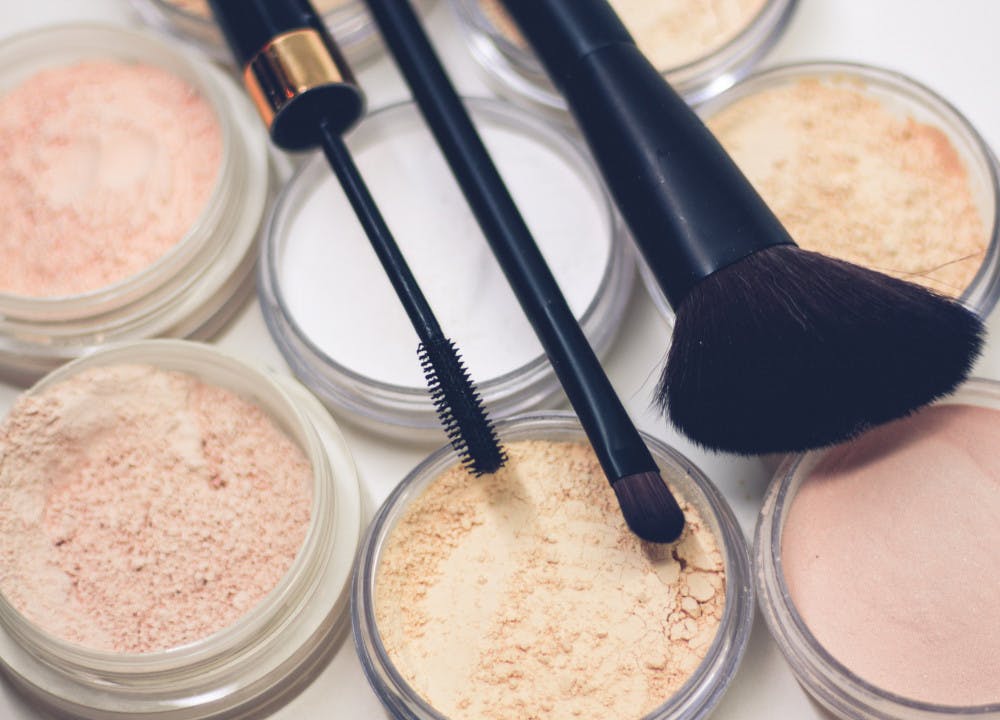People love makeup. More than a third of Americans aged between 18 and 29 wear makeup on a daily basis, and another third use makeup several times per week. Even men have taken an interest in keeping up their appearances with beauty products, according to CNN. While I enjoy dismantling toxic masculinity and being able to express myself creatively, I can’t help but become frustrated with the amount of waste we’re producing that is harming our environment.
The beauty industry is worth $532 billion and is projected to steadily grow, according to Business Insider. In fact, a report published by Zion Market Research said the market for beauty will be worth $863 billion by 2024. That’s great news for entrepreneurs who are looking to make it big in the industry, but it’s not so great news for the environment.
The L.A Times reported that 120 billion units of cosmetic packaging are produced every year. This makes sense because plastic for packaging is the biggest use of plastic across the globe. Unfortunately, many of these units are single-use and will likely end up being disposed of in a wasteful manner.
America needs to be a little bit more mindful of its waste, it seems. The U.S Environmental Protection Agency said in 2015 that 53 percent of plastic packaging was recycled. In other words, nearly half of the plastic packaging produced wasn’t recycled. What’s worse is that there is no guarantee that the things you want to recycle will be recycled. There simply isn't enough space for these products anymore.
Mass production is the root of the issue. In 2016, Business Insider reported it was actually cheaper to produce more plastic than to recycle it. The greed of companies and the vulnerability of consumers has led to a problem that seems irreversible. Luckily, there are other methods to get our products in an environmentally conscious way: pressuring companies into doing so.
This has already occurred in the makeup industry. Many makeup brands have recently become cruelty-free, meaning the company has stopped the use of animal testing for makeup. Big companies, such as Covergirl, have stopped testing on animals most likely to please the masses, but they have changed nonetheless. If the makeup industry can move forward with this, beauty can most definitely move forward with its plastic waste.
Many beauty brands are already doing so. Lush claims more than 35 percent of all of their products come without packaging, and they have built three stores offering no packaging at all. With over 900 stores across the world, Lush sets a good example of how businesses can be successful while also caring about the environment.
You don’t have to get rid of packaging entirely to be environmentally friendly. Many beauty brands use biodegradable material that allows them to be zero waste. In fact, some of these brands even offer options to refill their products so that you can be sustainable and save some money as well.
In essence, you don't have to stop wearing makeup— just become more aware of its waste and care more about how it’s produced and where it's going to end up. It seems crazy that a container of mascara could be killing the Earth, but with one being sold every two seconds it's crazier that no one has tried to do something about it sooner.
Zora Viel is a journalism sophomore





